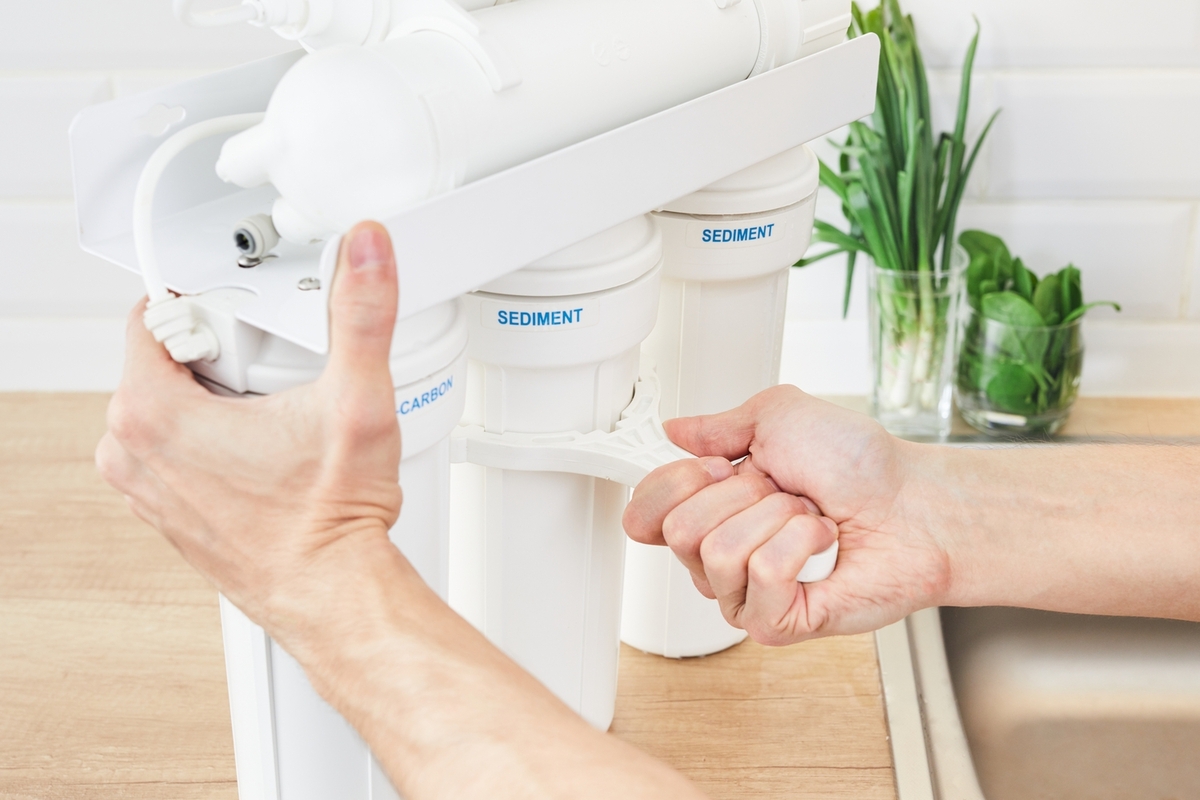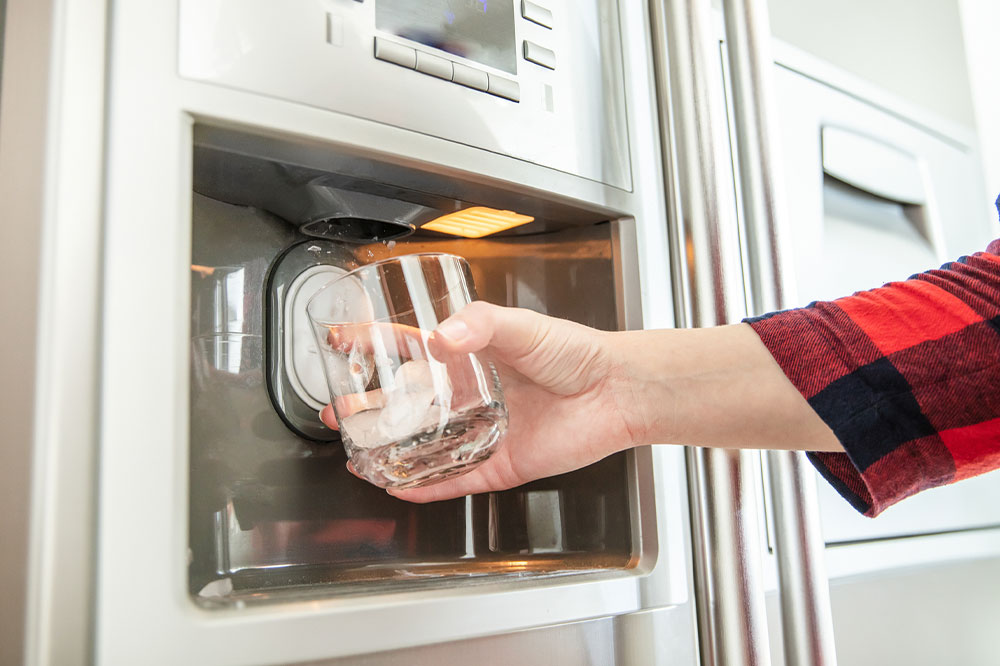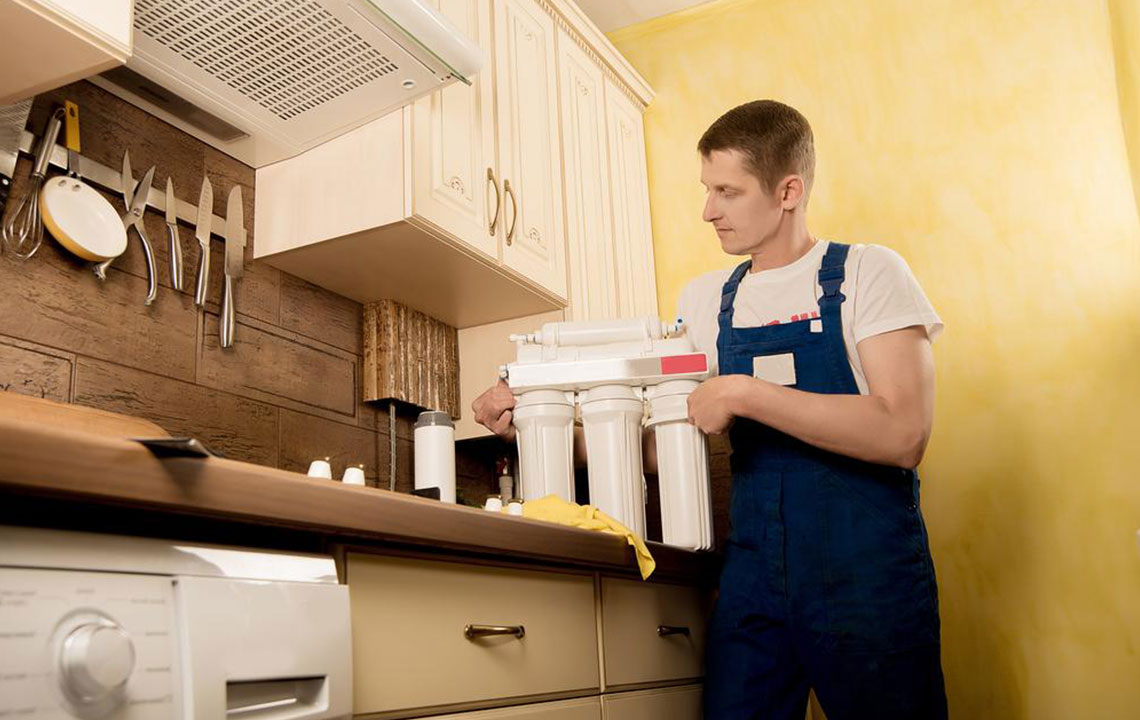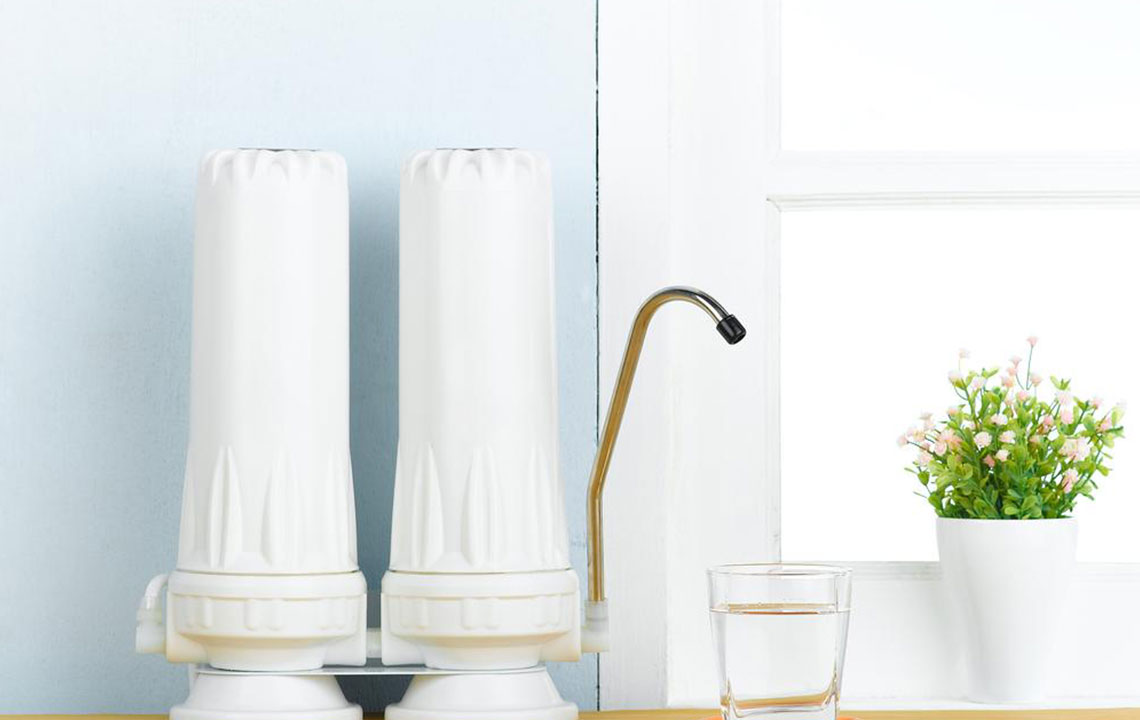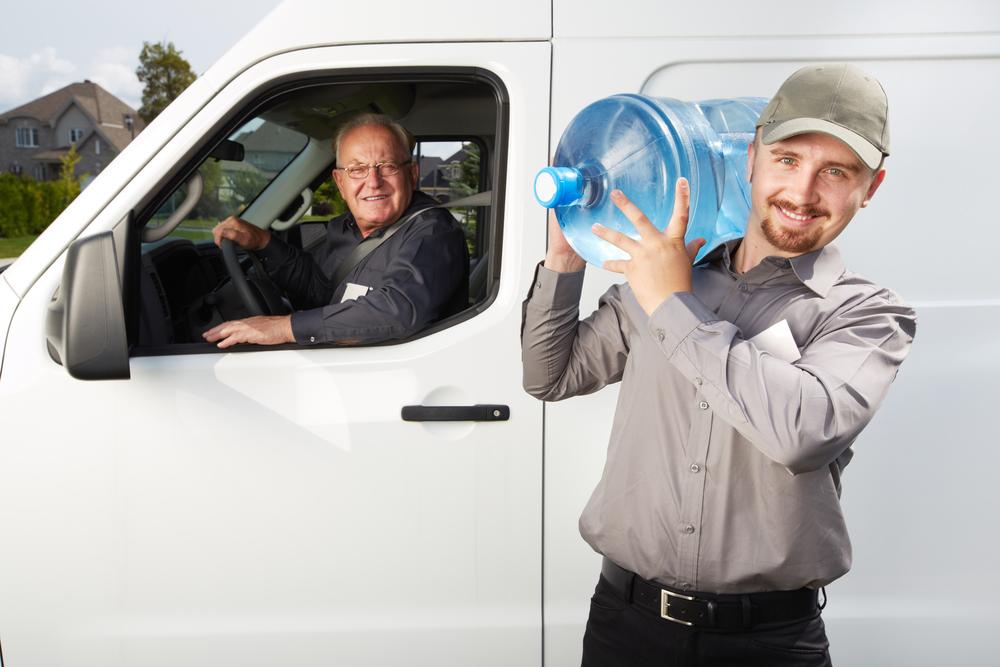Comprehensive Guide to Effective Home Water Filtration Solutions
Explore the comprehensive guide to home water filtration solutions, covering various technologies like reverse osmosis, ion exchange, and activated carbon. Learn how to assess your water quality, select suitable filters, and maintain your system for safe, clean drinking water. Whether for small households or whole-house filtration, cost-effective and certified options are highlighted, ensuring optimal water quality and health benefits.

Comprehensive Guide to Effective Home Water Filtration Solutions
Understanding the Importance of Home Water Filtration Systems
Access to clean, safe drinking water is fundamental for maintaining health and well-being. Home water filtration systems are engineered to effectively remove a wide range of impurities and contaminants that can be found in tap water. These include chemicals, heavy metals, sediments, microorganisms, and other harmful substances. Ensuring the purity of your household water supply is crucial, especially given the variability in water quality across different regions and sources. Investing in a reliable water filtration system not only enhances water safety but also improves taste and odor, contributing to overall health.
Different Types of Water Filtration Technologies and How They Work
Home water filtration systems utilize various technological approaches based on physical, chemical, and biological principles. These methods aim to target specific contaminants and deliver high-quality drinking water. The most common technologies include:
Reverse Osmosis (RO): This technique employs high pressure to force water through semi-permeable membranes. The membrane traps impurities such as heavy metals, nitrates, pesticides, and microorganisms, resulting in water that is remarkably pure. Reverse osmosis systems are highly effective but may require additional post-filtration to enhance taste and mineral content.
Ion Exchange: Primarily used for water softening, this process replaces harmful ions like calcium and magnesium with sodium or potassium ions. It helps prevent scale buildup in pipes and appliances, extending their lifespan. Ion exchange can also be tailored to remove specific ions depending on the water’s chemical profile.
Activated Carbon Filtration: The most prevalent household filtration method, activated carbon uses granules or block media to adsorb chemical contaminants such as chlorine, chloramines, volatile organic compounds (VOCs), and certain pesticides. This process significantly improves water taste, odor, and overall purity.
Key Factors for Choosing the Ideal Home Water Filtration System
Water Quality Assessment: Before selecting a filtration system, analyze your water source. Conduct tests to identify specific contaminants, such as heavy metals, chemicals, or biological impurities. Understanding your water profile helps determine the most suitable filtration technology.
Application and Customization: Consider point-of-use (POU) systems like faucet-mounted filters, under-sink units, or countertop models, which can be tailored to meet your household needs. For whole-house purification, larger systems may be necessary to treat all incoming water.
Maintenance and Filter Replacement: Regular maintenance is vital for optimal performance. Choose systems with easily accessible and affordable replacement filters. Filter costs range from as low as $20 to over $500 annually, so evaluate long-term expenses.
Certifications and Safety Standards: Look for products certified by reputable organizations such as NSF International or WQA Gold Seal. Certification assures the system has undergone rigorous testing for safety, performance, and contaminant reduction.
Warranty and Support: Select systems that come with comprehensive warranties and accessible customer service. Long warranty periods and ready access to spare parts and filters contribute to system longevity and reliability.
Popular Home Water Filtration Systems and Estimated Pricing
Brita Water Pitcher: An affordable and user-friendly pitcher with built-in activated carbon and ion exchange filters. It reduces chlorine, metals, and other common contaminants, priced around $36. It’s ideal for small households or for use in areas with moderate water quality issues.
PUR Faucet Filter: A certified NSF faucet-mounted filtration system capable of removing up to 70 contaminants, costing approximately $35. Replacement filters cost about $145 annually, making it a cost-effective solution for continuous filtration directly at the tap.
Apec Reverse Osmosis System: A state-of-the-art under-sink system utilizing reverse osmosis technology to eliminate arsenic, fluoride, lead, chlorine, and other impurities. Priced around $200, it offers comprehensive purification suitable for households seeking high water quality standards.
Overall, choosing the right home water filtration system depends on your specific water quality, budget, and household needs. Proper maintenance and regular filter replacement are essential to ensure reliable performance and safe drinking water. Additionally, advancements in filtration technology continue to make modern systems more efficient, affordable, and easy to operate, empowering consumers to take control of their water quality and health.
